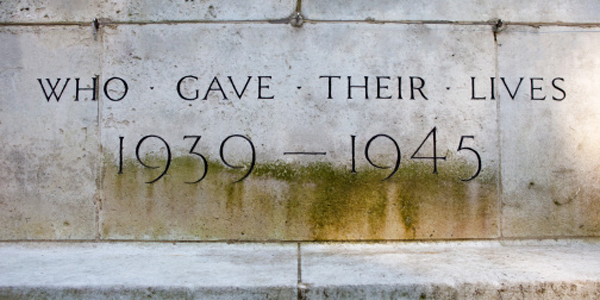
May 7, 2015, by Charlotte Anscombe
Shaping the interwar world
A new study will look at how governments and institutions from around the globe tried to reshape the world between the two world wars via the medium of explicitly international conferences.
Academics from The University of Nottingham’s School of Geography have been awarded a grant of £721,000 from the Arts and Humanities Research Council to look at the international conferences that took place between the two world wars, as a way of understanding how different organisations were attempting to ‘re-shape’ the interwar world.
The project is called “Conferencing the International: a cultural and historical geography of the origins of internationalism (1919-1939)”.
Dr Stephen Legg, Principal Investigator on the project said: “During this period, the British and Indian governments were locked in debate over India’s role in an imperial world; the League of Nations attempted to bring about liberal understanding and mutual respect across national boundaries; while the Pan-African Congress offered up a radically anti-colonial view of a future world.
“While all three organisations were attempting to secure “peace”, their means to this end, and their vision of what peace should be like, varied greatly – which is what made these conferences so interesting.”
The project will run for four years and will employ a full time postdoctoral research assistant for the duration -Dr Jake Hodder, with Dr Legg as Principal Investigator and Professor Mike Heffernan as Co-Investigator.
“We will study the conferences at which these organisations debated these different views of the future and of the international, examining the conference locations, their organisation, their debates and the cultural worlds they temporarily constructed.
“This will help us understand the material and performative contexts in which political geographies are made, will help us develop methodologies for research in cultural and historical geography, and will help us present contemporary public audiences with case studies of campaigners who variously challenged white-European, nationalist, imperialist or racialist visions of what internationalism was and could be.”
For more information please visit the website
No comments yet, fill out a comment to be the first

Leave a Reply